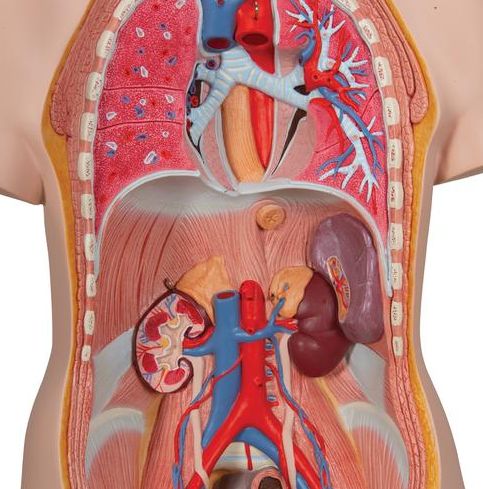قراءة لمدة 1 دقيقة Tim O'Brien (author)

Tim O'Brien (born October 1, 1946) is an American novelist who served as a soldier in the Vietnam War.
Much of his writing is about wartime Vietnam, and his work later in life often explores the postwar lives of its veterans.
O'Brien is perhaps best known for his book "The Things They Carried" (1990), a collection of linked semi-autobiographical stories inspired by his wartime experiences.
In 2010, "The New York Times" described it as "a classic of contemporary war fiction.
" O'Brien wrote the war novel, "Going After Cacciato" (1978), which was awarded the National Book Award.
O'Brien taught creative writing, holding the endowed chair at the MFA program of Texas State University–San Marcos every other academic year from 2003 to 2012.
Biography.
Early life.
Tim O'Brien was born in Austin, Minnesota on October
1, 1946, the son of William Timothy O'Brien and Ava Eleanor Schultz O'Brien.
When he was ten, his family – including a younger brother and sister – moved to Worthington, Minnesota.
Worthington had a large influence on O’Brien's imagination and his early development as an author.
The town is on Lake Okabena in the southwestern part of the state and serves as the setting for some of his stories, especially those in "The Things They Carried".
Military service.
O'Brien earned his BA in 1968 in political science from Macalester College, where he was student body president.
That same year he was drafted into the United States Army and was sent to Vietnam, where he served from 1969 to 1970 in 3rd Platoon, Company A, 5th Battalion, 46th Infantry Regiment, part of the 23rd Infantry Division (the Americal Division) that contained the unit that perpetrated the My Lai Massacre the year before his arrival.
O'Brien has said that when his unit got to the area around My Lai (referred to as "Pinkville" by the U.
S.
forces), "we all wondered why the place was so hostile.
We did not know there had been a massacre there a year earlier.
The news about that only came out later, while we were there, and then we knew.
"
First book published.
Upon completing his tour of duty, O'Brien went to graduate school at Harvard University.
Afterward he received an internship at the "Washington Post".
In 1973 he published his first book, a memoir, "If I Die in a Combat Zone, Box Me Up and Ship Me Home", about his war experiences.
In this memoir, O'Brien writes:
"Can the foot soldier teach anything important about war, merely for having been there? I think not.
He can tell war stories.
"
Personal life.
O'Brien lived in central Texas, raising a family and teaching full-time every other year at Texas State University–San Marcos.
In alternate years, he teaches several workshops to MFA students in the creative writing program.
O'Brien's papers are housed at the Harry Ransom Center at the University of Texas at Austin.
Writing Style.
In Tim O'Brien's book "The Things They Carried", he talks about the difference between "story-truth" (the truth in fiction) and "happening-truth" (the truth in real events).
He says that sometimes, what happens in a story can feel more true emotionally than what really happened.
O’Brien suggests that the emotions a story creates can be more real than just facts.
This is an important part of O’Brien's writing style:
he mixes his real-life experiences with a storytelling voice that makes you think about what is real and what is made up.
In "The Things They Carried", some stories seem to disagree with each other, and some are meant to make you question what you believe.
For example, "Speaking of Courage" is followed by "Notes", which explains how "Speaking of Courage" is not completely true.
This is another way O’Brien challenges us to think about what is fact and what is fiction.
Personal Views on the Vietnam War.
Tim O'Brien has spoken about the Vietnam War, although he doesn't see himself as a spokesperson for it.
Reflecting on his hometown and the war years later, he described it as "a town that proudly stays ignorant of the world:
a town that sent me to Vietnam.
"
Comparing the American search for missing soldiers with the large number of Vietnamese casualties, O'Brien criticized what he saw as a double standard:
"It's a perverse and unfair double standard.
What if the situation were reversed? What if the Vietnamese demanded we find their missing soldiers? It's impossible due to the numbers:
at least 100,000, if not more.
From my own experience in Vietnam, I know many Vietnamese who died remain nameless.
"
O'Brien participated in interviews for "Vietnam:
The Ten Thousand Day War" and Ken Burns's 2017 documentary series "The Vietnam War".













































